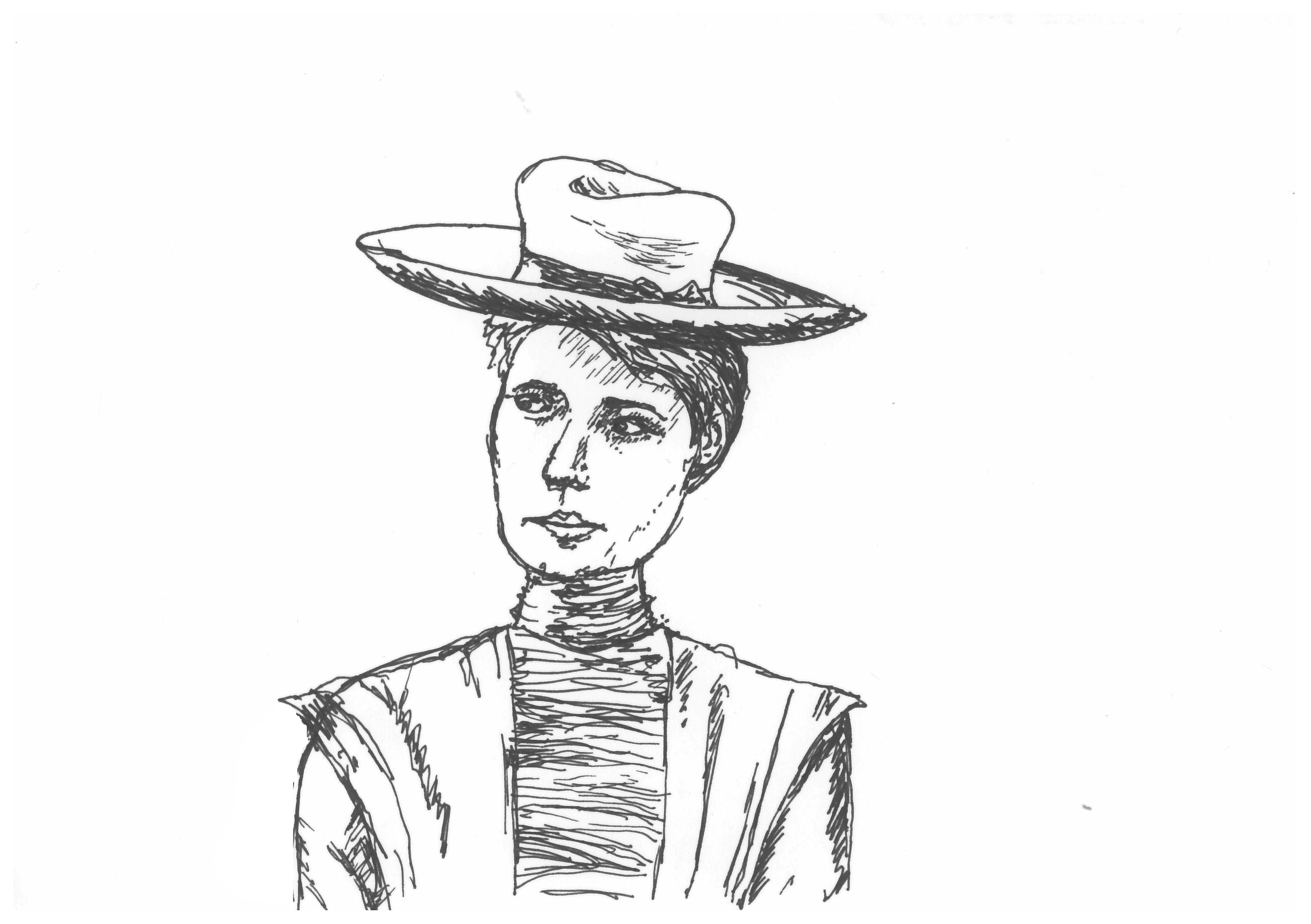If I asked you to name any physicist, I’d wager that most of us would know some of the (male) greats: Newton, Einstein, Schrodinger, and Hawking are all household names. But this November marks 140 years since the birth of a lesser known scientist, a person once aptly described as both the “20th century’s most influential woman in science” and, according to Einstein, “our Marie Curie”. This scientist is Lise Meitner. The work Meitner did in the field of nuclear physics built the foundation of our modern understanding of atomic nuclei, and how they split in fission reactions. Her contributions however, are largely forgotten. As with so many other female scientists, her achievements are greatly overlooked.
Sadly, despite a career of great successes and countless discoveries, Meitner is not as well known as many of her male contemporaries, many of whom she frequently collaborated with. Born into a middle-class Jewish family in Austria in 1878, Meitner was very fortunate to attend university, which was highly uncommon for women at the time. In the University of Vienna, she studied Physics under Ludwig Boltzmann, gaining her doctorate in 1905. After receiving her doctorate, she moved to Berlin to study under physicist Max Planck, which was unusual as Planck did not usually allow women to attend his lectures.
“In 1922, she discovered a phenomenon now called the Auger Effect, which was named after the French scientist, Pierre Auger, who independently discovered it one year after Meitner.”
Meitner went on to become Planck’s assistant and began collaborating with a German chemist, Otto Hahn, who was working on problems in radioactivity. In 1922, she discovered a phenomenon now called the Auger Effect, which was named after the French scientist, Pierre Auger, who independently discovered it one year after Meitner.
Meitner’s partnership with Hahn proved to be a long and productive one. The two, however, encountered great difficulty in 1938 when Meitner was forced to flee to Germany under the increasing persecution of Jews. She left for Sweden and continued to correspond with Hahn about their work, even meeting him in Copenhagen to plan experiments. In December 1938, Hahn and his assistant Strassman achieved nuclear fission for the first time experimentally. After hearing the results of the experiment, Meitner published papers explaining the theory behind them, even though she wasn’t there in person to observe the experiments.
“During her lifetime, Meitner was nominated for the Nobel Prize 48 times in total.”
In 1944, Otto Hahn received the Nobel Prize in Physics for his work on nuclear fission. Despite their long collaboration and Meitner’s contribution to the work, she went unrewarded. Meitner, herself at the time, recognised that she had been passed over for the honor, saying in a letter that, although Hahn most definitely deserved the accolade, her contributions to the discovery had “not been insignificant”. During her lifetime, Meitner was nominated for the Nobel Prize 48 times in total.
In the half century that has elapsed since Meitner’s death, our perception of women in science has changed drastically. However, Trinity runs two such initiatives to encourage equality and progression for women in science, Athena SWAN and Project Juno. Speaking to Trinity News, chairperson of the TCD Women in Physics Committee, Professor Aline Vidotto explained that Project Juno rewards physics departments for “taking steps to address the under-representation of women”.
“Meitner’s legacy serves to remind us of the importance of women’s contributions to science, and how easily we forget those eclipsed by their male colleagues.”
In addition to this, Vidotto elaborated that Athena SWAN awards both departments and institutions, “recognising the advancement of gender equality in higher education”. She added that the Athena SWAN charter has recently expanded to include trans staff and students, with supporting trans people being mandatory requirement for Athena SWAN applications by 2020.
Meitner’s legacy serves to remind us of the importance of women’s contributions to science, and how easily we forget those eclipsed by their male colleagues. Nearly a century and a half from her birth, we may now finally appreciate this woman, who is aptly summated by her epitaph: “a physicist who never lost her humanity”.






